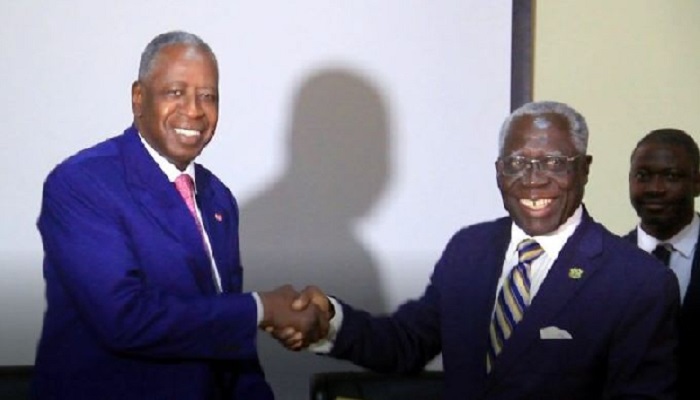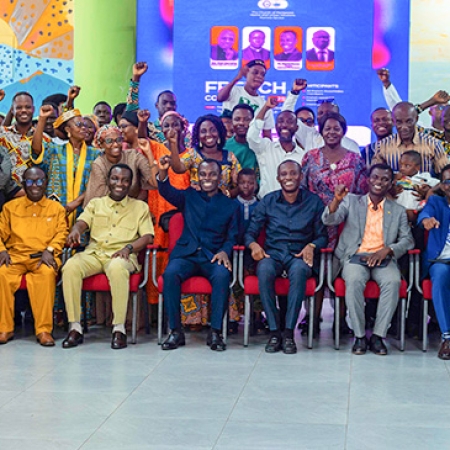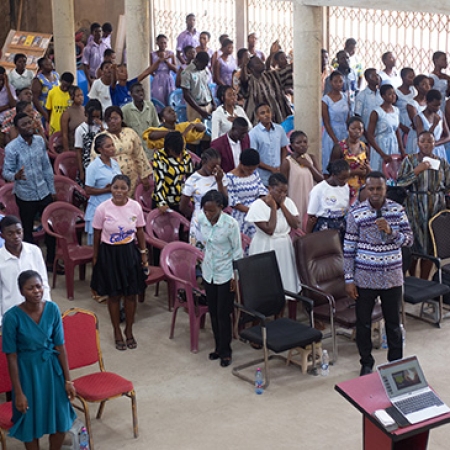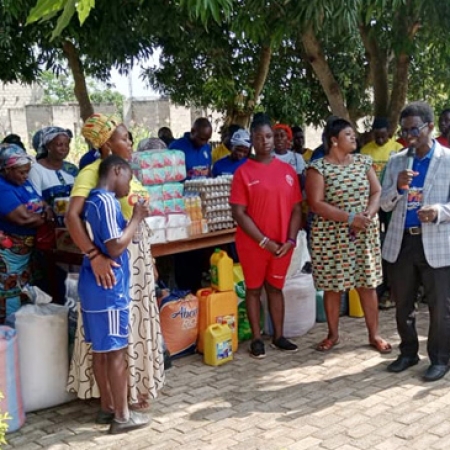Ghana and Cote d’Ivoire have agreed on plotting all seven coordinates to determine the maritime boundary as per the International Tribunal for the Law of the Sea (ITLOS) ruling in October, 2017.
The ITLOS ruling had provided that the seven coordinates, be put into a chart to get the boundaries delimited.
In September 2014, Ghana tugged Cote d’Ivoire to the Special Chamber of the ITLOS after negotiations over a maritime dispute concerning the West Cape Three Points broke down.
In its initial ruling in 2015, the Chamber placed a halt on new projects, compelling Tullow Oil to put on hold operations including new drilling in the disputed area.
However, on September 23, 2017 the Chamber ruled in favour of Ghana in a unanimous decision, stating that there has not been any violation, on the part of Ghana, of Côte d’Ivoire’s maritime boundary.
Senior Minister, Yaw Osafo-Marfo, reading the agreement in Accra last Friday said “in pursuance of the implementation of the decision of the Special Chamber of the ITLOS, concerning the delimitation of the maritime boundary between Ghana and Côte d’Ivoire’, the second meeting of Ghana-Côte d’Ivoire’ joint committee was held on Thursday, August 9 and Friday, August 10 in Accra at the International Conference Centre.’
“Ghana indicated at the beginning, that it had reviewed the chart with the plotted coordinates of the maritime boundary as provided by ITLOS, submitted by Côte d’Ivoire’ at the May 2018 meeting in Abidjan, Côte d’Ivoire and found it to be acceptable in principle.”
The parties subsequently, jointly plotted the seven coordinates in accordance with the ITLOS decision and have agreed to execute a document evidencing the plotted Maritime Boundary at the next meeting scheduled for October 2018 in Côte d’Ivoire.
“The parties have also agreed to discuss the draft framework agreement on co-operations in the areas of the maritime boundary, hydrocarbons and other natural resources between the two countries at the next meeting in Côte d’Ivoire,” Osafo-Marfo concluded.
The same version of the agreement was read in French by the Ivorian counterpart, Mr Adamah Tougara. The official document agreement was then signed by both countries by Senior Minister, Yaw Osafo-Marfo, and Mr Adamah Tougara of Côte d’Ivoire.
The Senior Minister in an interview with Goldstreet Business said “once we have drawn this line, there will be some hydrocarbon resources which will belong to us and exploited by us and also some resources belonging to Côte d’Ivoire.
“But let’s not forget that some of these hydrocarbons are liquid and gas which may straddle the boundary at both sides,” he said, adding that there is the need for the agreement to be in place for the time when common bases for exploiting natural resources arise.
“We don’t want any situation where we discover natural resources on both sides of the boundary that brings confusion,” he stressed.
Source: goldstreetbusiness.com














